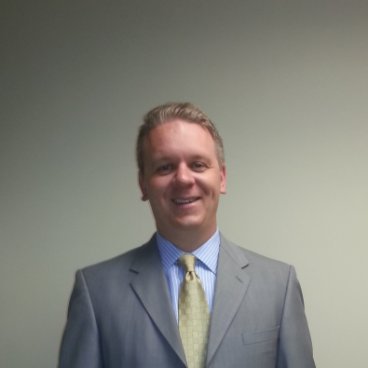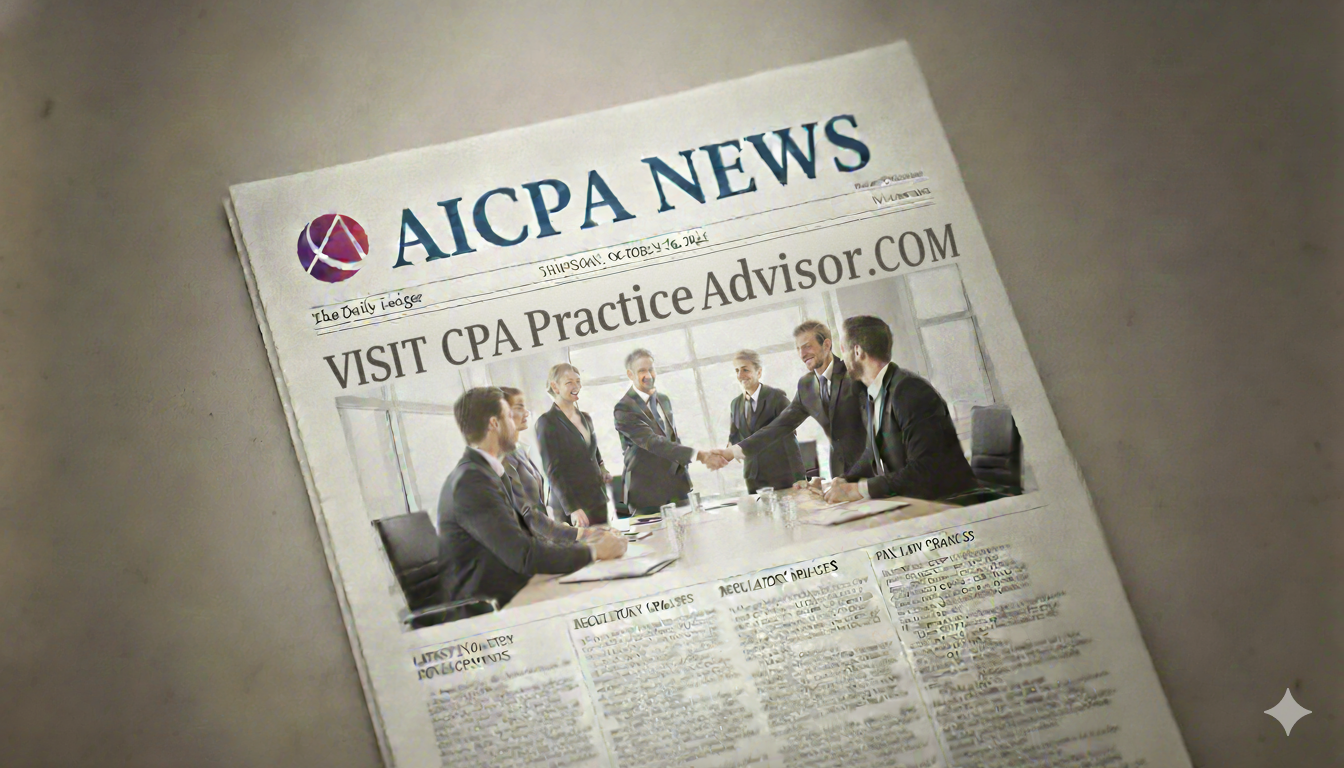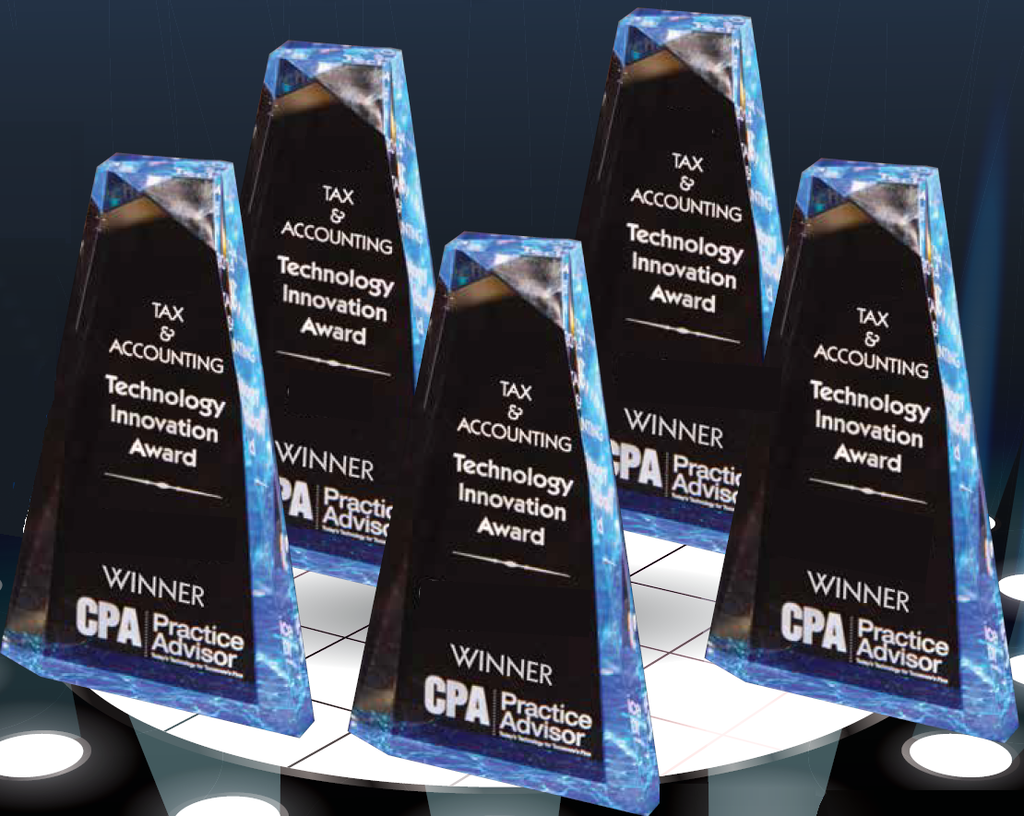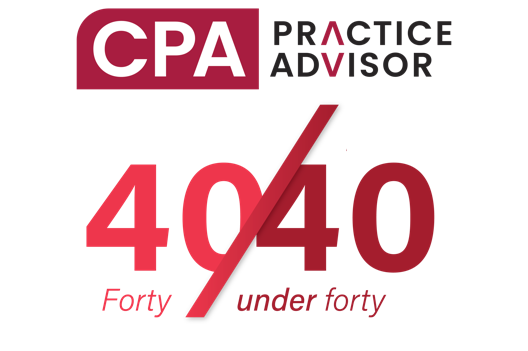Robert Sledz, JD, LL.M
Editor, International Tax
Thomson Reuters
Washington, DC
Q&A:
Aside from the accounting websites, which blog/website do you consider a must-read?
https://tax.thomsonreuters.com/category/blog/onesource/beps/
In what ways have you contributed to your firm/company to make it better?
While I have only been with Thomson Reuters (TR) for a little over a year, I have already travelled to various cities in the U.S. market as a panelist at international tax symposiums sponsored by TR, where I have spoken on OECD Base Erosion and Profits Shifting (BEPS) project developments, and corresponding things multinationals should do in preparation and to be compliant.
Also, I have developed contacts at several large-size accounting firms to periodically contribute BEPS content for our tax software, and to be a panelist at some of the above-mentioned TR symposiums. While TR has periodically obtained international tax content from some of these companies for other products, I have been able to obtain content from a wider cross-section within each accounting firm.
I have worked with TR’s marketing group to develop press releases (and related content) on BEPS put out by TR’s executive suite. During my short time with TR, I have also worked on evaluating responses and developing questions to ask tax practitioners about BEPS for TR’s annual BEPS survey, which shows how multinationals are reacting to, and preparing for, BEPS developments.
In what ways do you participate in the professional community to change/improve the accounting profession?
As part of my current work with TR, I travel to various cities to talk with local practitioners and tax directors about the OECD BEPS project, and how they can enhance their compliance work, which involves accounting aspects. Attending these events allows me to hear taxpayer concerns, and then to better focus my research on how to address taxpayer concerns.
I also have monthly meetings with TR’s sales force to learn about client concerns/feedback, and how TR can help clients to comply with tax changes through its various software.
Social media use is becoming more important, which allows me to circulate important tax developments to colleagues.
In what ways do you participate in your local community to help others?
I run in several 5K races that benefit various local causes.
During my J.D. studies, I was a Student Attorney in a Low Income Taxpayer Clinic, where I helped low income taxpayers with various Federal tax issues. I also prepared and filed petitions with the U.S. Tax Court on their behalf, as necessary. Meeting each client in person allowed me to better understand the background of their tax issues.
What changes do you foresee in the accounting profession of the near future (3-5 years)?
With ever growing tax regulations, recently accelerated globally through the OECD BEPS project, companies will rely more on accountants for compliance purposes. From my observations, many companies do not have the budgetary resources to have full-time in-house staff (and sometimes tools) to comply with new tax regulations.
Enter consulting firms that may not necessarily have CPAs to advise companies, but that can build software needed for companies to run preliminary analytics in complying with new tax regulations, allowing them to then be better informed before speaking with their tax advisors.
How do you see yourself participating in shaping the future of the accounting profession?
I hope to continue my current work of traveling to various cities to speak with taxpayers about their tax compliance concerns. Speaking with various tax stakeholders will allow me to better understand tax developments, and what I can do to help meet taxpayer needs.
Based on my answer above about anticipated changes in the accounting industry, I envision myself being more involved in creating and/or updating tax software in the future.
What is your career philosophy?
My career philosophy has evolved over time due my entry into the workforce during the great recession in 2009. After I completed my tax LL.M. studies that year, I had to learn patience by doing litigation work for several years, before I was able to begin my tax experience that lead to my current work with TR.
In my litigation work, I learned to not seek guidance or feedback from my supervisors, until I ensured that I exhausted all resources and caught as many errors as possible on my own, while working in a fast-paced environment with strict court deadlines. I also learned how to remain calm and composed while working under pressure.
Through these experiences, I would advise any recent college graduate to not give up on their career ambitions, because with time, they can reach their career goal. Any experience(s) along the way, for me litigation, can prove to be fruitful, once you reach your desired career path. Being open-minded is therefore important to a successful career.
Describe one person who has been an important mentor to you and how that person helped change your life.
There are several individuals from my work experience that I consider to be important mentors, but two stand out.
During my previous litigation work, I was counsel of record (and principal filing counsel) with a team of attorneys and paralegals on a case involving claims of financial fraud, among others. One senior Associate Attorney guided me on how to better meet expectations of different partners, and how to anticipate (and address) reactions from opposing counsel.
Following my litigation work, my supervisor at a previous tax publisher sharpened my tax research and writing skills, and my editorial judgment, which has served me well in my current work for TR.
—————–
Learn more about this year’s 40 Under 40 Honorees.
Thanks for reading CPA Practice Advisor!
Subscribe Already registered? Log In
Need more information? Read the FAQs




